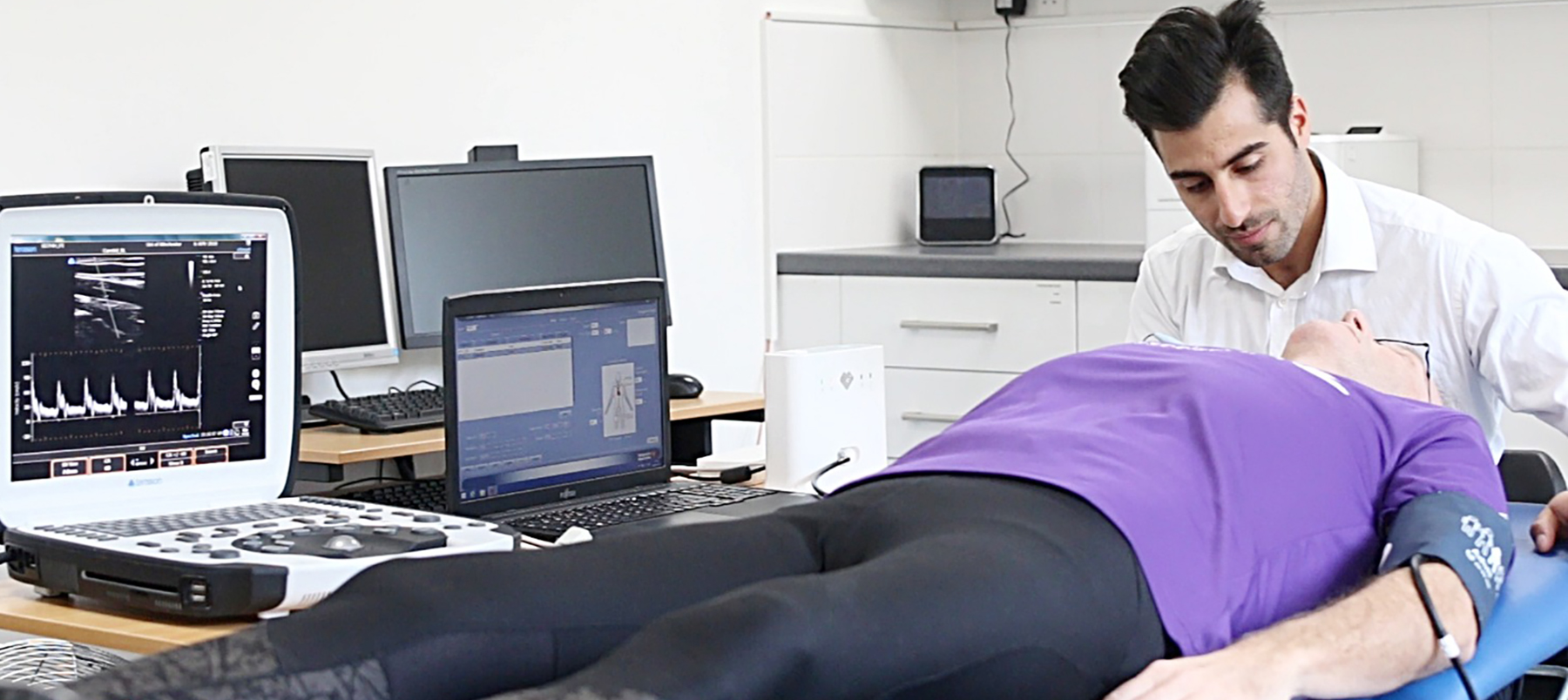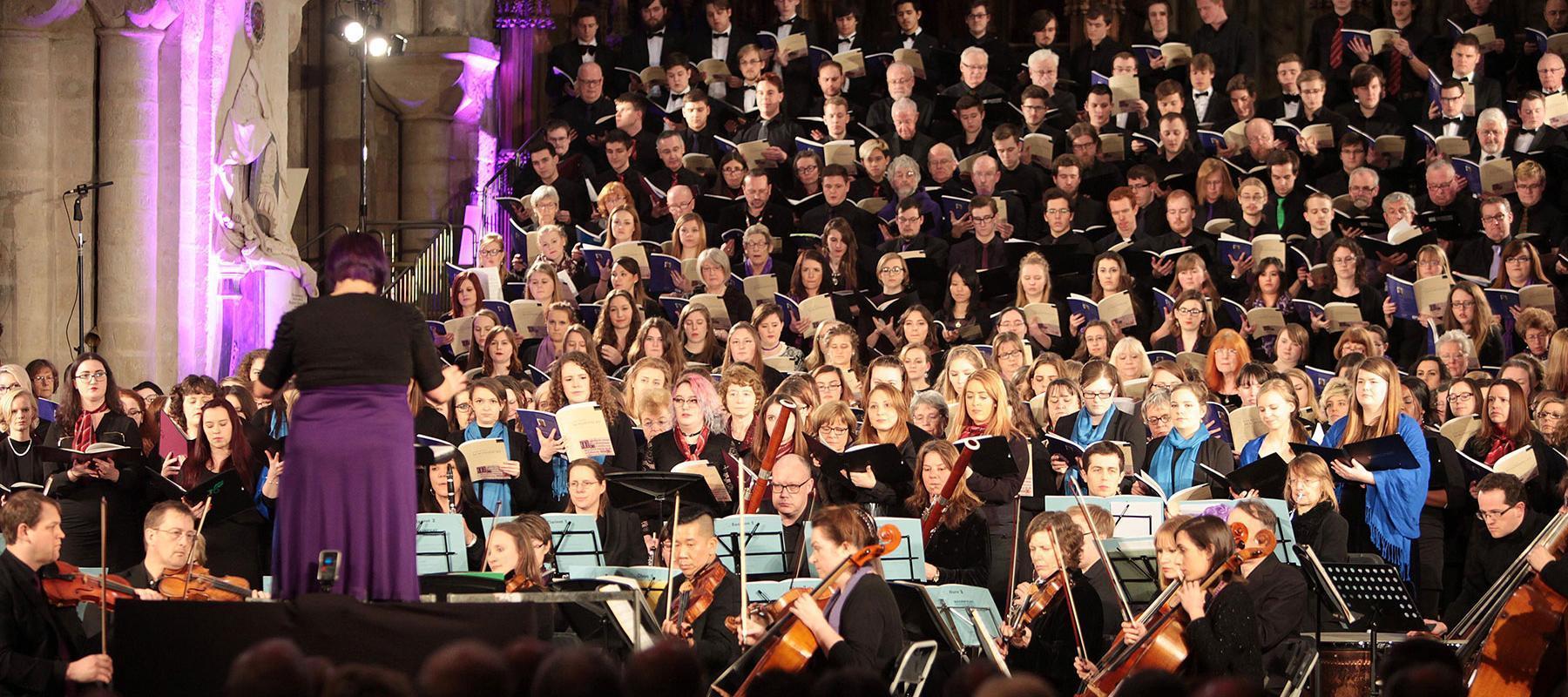Research Projects

Research and Knowledge Exchange projects in Health and Wellbeing
From animal welfare science to health and sport psychology, researchers in Health and Wellbeing and their partners are carrying out impactful work to improve lives.
Current research projects
Sport and Exercise projects
For current sport and exercise-related research, explore the Sport and Exercise Research Centre (SERC).
Allied Health Profession (AHP) Career Choices
Research team
Principal Investigator: Dr Rachel Locke, Senior Lecturer in International Development
Co-Investigators: Dr Lucy Wallis, Researcher; Dr Steve Ryall, Senior Lecturer in Physiotherapy
The aim of this Health Education England-funded project is to find out the motivators for students choosing AHP education/career. This is to meet the demand for growing numbers of AHPs and to increase future recruitment to this new professional group.
Find out more about the Allied Health Professions project
If you have any queries, please contact a member of the research team.
Postgraduate research
Current postgraduate research topics in Health and Wellbeing include:
- Developing an intervention to improve the wellbeing of student nurses
- The psychology of turning points in tennis
- An investigation of loss of vertical perception following stroke and possible interventions to correct this
- Community-based health literacy to empower socially disadvantaged parents/carers
Health Psychology projects
Animal welfare research projects
To find out what we are working on in Animal Welfare, explore the Animal Welfare Research group page.
Recently completed projects
Engage, Listen, Act: How to meet the needs of people with learning disabilities in the New Forest and surrounding area.
In 2023, Dr Rachel Harrison, Senior Lecturer in Health and Social Care, and Dr Sarah Earthy, Senior Lecturer in Community and Health, were asked by New Forest Mencap to identify what activities it should be offering its clients and how it could improve its service. Their study has resulted in a report, published in early 2024. For the full story and a link to the report, read our press release.
Youth Options - a report into current and future practice of Alternative Educational Provision
A Clinical Research Network-funded project carried out by Dr Rachel Harrison, Senior Lecturer in Health and Social Care, and Dr Craig Johnston (University of the West of England). Their study has resulted in a report, published in early 2024. Read the full report
Previously completed research projects
Evaluation of Wessex Healthier Together Project
Funded by Southampton Children’s Hospital, in this project parents were asked for their views about a website and leaflets that provide information about common childhood illnesses. Parents reported feeling that the website was not always easy to use and that some of the wording was too long and complicated. The findings are being used to improve and adapt the resources.
Principal Investigator: Dr Amanda Lees, Faculty of Health and Wellbeing.
For published outputs, visit Dr Lees's academic profile page.
Find out more about the Wessex Healthier Together initiative.
Stress Prevention Amongst Doctors project
A study about the educational interventions available for practising doctors to help them prevent stress.
Find out more about the Stress Prevention Amongst Doctors Project
Reflective Practice Groups (RPGs)
An evaluation of the first year of operation of RPGs for practitioners across Brighton and Hove local authority children’s social work services.
MSK Capability Framework – clinical workforce support and transformation
Principal Investigator: Dr Rachel Locke, Senior Lecturer in International Development
Co-Investigator: Emma Wilkinson, Researcher
The General Practice Contract 2019/20 established first contact musculoskeletal (MSK) physiotherapists in primary care. This study explored the feasibility of using the MSK Core Capabilities Framework and a peer review process to evidence capability. It considered how this process may be developed to ensure MSK practitioners are able to evidence the level of practice required within the complex environment of primary care. MSK practitioners were supported to evidence their capabilities against the MSK Framework.
Twenty two participants took part in the evaluation of this intervention via qualitative semi-structured interviews. A robust and iterative process of qualitative data analysis was undertaken. The findings are framed in terms of Davis’ Technology Acceptance Model of evaluation (i.e. user perceptions).
There were a range of perceived benefits of the Framework including as a means of quality assurance, career progression, the promotion of knowledge consolidation and reflective practice. There were however a number of ‘translation into practice’ issues. Given the newness of the MSK Framework, it is perhaps not surprising there is a need for refinement. This evaluation highlighted key enablers for reviewing capabilities of MSK practitioners: a curriculum; educational supervision; and accreditation. Learning also applies more widely to other emerging role opportunities.
Publications
For published outputs of this project, visit the academic profile of Dr Rachel Locke.
What Works Wellbeing: Culture and Sport Evidence Review Programme 2015-18
From June 2015 to May 2018, the UK What Works Wellbeing Centre commissioned a 3-year programme of research synthesis and secondary data analysis across three areas: work and learning, community wellbeing, and culture and sport. Evidence reviews were funded by the Economic and Social Research Council.
Led by the University of Winchester's Centre for Arts as Wellbeing in collaboration with the University of Brighton and the London School of Economics, What works for wellbeing in culture and sport? Report of a DELPHI process to support coproduction and establish principles and parameters of an evidence review (Daykin et al. 2016) reports the initial consultation process for the Culture, Sport and Wellbeing (CSW) review. The review sought to determine wellbeing impacts in culture and sport practices in diverse communities and contexts, and to establish how evidence can be used effectively to inform policy and practice decisions. This article briefly introduces the policy context relating to culture and sport as well as concepts of wellbeing relevant to the sectors and then presents an overview of the methods and findings from a two-stage DELPHI process with key stakeholders that sought to explore and agree principles and parameters of the CSW evidence review programme.
Led by the University of Winchester's Centre for Arts as Wellbeing in collaboration with the University of Brighton the London School of Economics and Anglia Rusking University, What works for wellbeing? A systematic review of wellbeing outcomes for music and singing in adults (Daykin et al. 2017) reports on the first of the four reviews of Culture, Sport and Wellbeing (CSW). This paper reports on the key findings from a systematic review of wellbeing outcomes for music and singing interventions for adults across the life cycle. The range and quality of evidence is discussed. Find out more about the CSW Music and Singing for Wellbeing review.

A Digital Infrastructure for Hampshire Health
This project, which benefited from Higher Education Innovation Fund (HEIF) funding awarded to the University, built on an existing partnership between the University of Winchester and Hampshire Hospitals NHS Foundation Trust (HHFT), known as the Hampshire Collaboration for Health Research and Education (HCHRE). The main aim of this project was to incorporate a digital strand to the partnership’s infrastructure to enhance health provision across Hampshire Hospitals alongside further research and education opportunities.
Key achievements
• Design of HCHRE website
• Digital media scoping workshops
• Installation of a patient-facing electronic health record
Doctors with Asperger’s/Dyslexia
Principal Investigator: Dr Rachel Locke, Senior Lecturer in International Development
In the study on doctors with dyslexia we wanted to be able to explore and account for how qualified doctors (i.e. post-medical school training) across primary and secondary care manage their dyslexia and whether and how they are supported in the workplace. This is an area where there is little existing research as the majority of studies have focussed upon medical students or doctors in training. In this case study we employed three data collection techniques: interviews, surveys and Freedom of Information (FOI) requests.
Research questions
What is the impact of dyslexia on clinical practice?
What are the coping strategies used by doctors with dyslexia to minimise the effect?
Findings
A finding from the research derived from a thematic analysis of the data was that doctors with whom we talked had not all had a diagnosis but were self-diagnosed. Even where they had a diagnosis, they often did not disclose their dyslexia to their employer. One of our recommendations was therefore that doctors with dyslexia need to be helped to feel comfortable enough to disclose and to seek help in achieving a formal diagnosis. Educators need to challenge any negative assumptions that exist as well as promote understanding about the elements that contribute to a positive working environment.
Study participants reported having developed individual ways of coping and devised useful strategies, although from our data we cannot be sure that such adjustments contributed to an ‘enabling’ work environment. Supportive characteristics included the opportunity to shadow others and extra time and space to complete paperwork on a busy ward.
Impact
The findings informed a practice document guiding future support for doctors with dyslexia.
How trainee physicians develop their clinical thinking
Principal Investigator: Dr Rachel Locke, Senior Lecturer in International Development
This externally funded research explored the perceptions of educators about how trainee physicians developed their clinical thinking in clinical settings and what they and their colleagues did to provide support.
General recommendations were made as to how medical educators and their managers can support trainee physicians.
For published outputs of this project, visit the academic profile page of Dr Rachel Locke.
Credentialling of Advanced Clinical Practitioners (ACPs) in Derbyshire
Principal Investigator: Dr Rachel Locke, Senior Lecturer in International Development
Project aims
The aim was to examine assessment processes for Advanced Clinical Practitioner (ACP) trainees in Derbyshire across different health sectors (primary, acute and community care) to be able to share good practice both locally and nationally. This is the first evaluation of progress in Derbyshire and helps to draw lessons for the future development of the ACP role.
Research methods
An initial scoping exercise comprised conversations with stakeholders to inform further data collection and identify key stakeholders to form a purposive sample. Case study research consisted of 31 in-depth semi-structured interviews with ACP trainees and individuals implementing training and assessment in the different health sectors.
Findings
An assessment process for trainee ACPs is essential to develop trust among all stakeholders and to build the role profile nationally. Within Derbyshire, we found good practice is exhibited in trainee ACP assessment. However, the processes, and the degree to which they are established, vary by sector. Assessment is most established in the acute sector with the highest numbers of trainees; the processes are newer in primary and community care.
Publications
For published outputs of this project, visit the academic profile page of Dr Rachel Locke.
Related projects
Heritage for Health projects
Heritage for Heroes
A pioneering interdisciplinary research project that seeks to evaluate the physical and mental benefits for military veterans of participating in archaeological fieldwork. Find out more about the Heritage for Heroes project.
AMPHORA: Authentic and Meaningful Participation in Heritage Or Related Activities
Exploring the benefits of archaeology, heritage and the historic environment as powerful non-medical tools in the delivery of community mental health and wellbeing. Find out more about the AMPHORA project.
